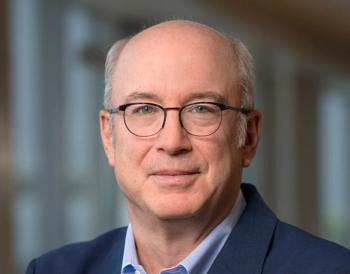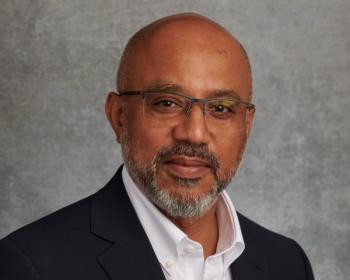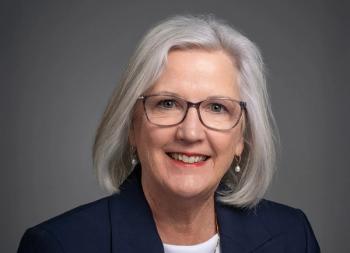
Surgeon general urges health leaders to tackle gun violence: ‘We need to step up’
During a forum at Northwell Health, Vivek Murthy said healthcare leaders have a big role to play. He also urged them to help clinicians have conversations with patients.
U.S. Surgeon General Vivek Murthy vividly illustrated the toll of gun violence on America’s youth by offering a glimpse around the globe.
During a forum at Northwell Health Tuesday, Murthy, who appeared virtually, noted that
He pointed out there were 4,357 gun deaths involving children in the U.S. in 2020, far more than other countries such as the United Kingdom (15), Germany (13), France (8), and Canada (5).
“Gun violence has now become the number one cause of death among children, which is just unfathomable and unacceptable,” Murthy said.
After reading the fatalities among children in other countries, he said, “If that doesn’t tell us we’re an outlier, and not in a good way, nothing else will.”
The surgeon general urged healthcare leaders to get more engaged on the issue of gun violence.
Hospitals, health systems and doctors can play a role, because people know and trust those who deliver care to them and know them, Murthy said.
“This is one of those moments when we need to step up,” he said.
In the past, Murthy said it wasn’t easy to get people on board with attacking gun violence as a public health crisis. Some in healthcare viewed the issue as too volatile and partisan.
“In the early days of trying to call attention to this issue, it was hard to get people to the table,” Murthy said.
Now, he sees more willingness of healthcare leaders to get engaged.
Health systems and hospitals can help in a sorely needed area by contributing more research for solutions, Murthy said. And he added that goes beyond just building new data bases. Hospitals need to reach out into their communities and ask them for their perspective, to hear what they need and what solutions they would offer.
“This has to be a community-driven effort,” Murthy said.
Clinicians have learned to be more comfortable talking about uncomfortable topics, such as preventing sexually transmitted diseases, and Murthy said they can have conversations about firearms or storing guns safely. Some family members could welcome the help of their doctor stepping in and opening up the conversation.
“‘We are needed here,” he said. “There is precedent for us engaging in issues like this that save lives.”
At the same time, Murthy said he’s aware of the burnout many clinicians are suffering, especially in the COVID-19 pandemic. Last May, Murthy issued
As health systems ask clinicians, including primary care physicians, to have these conversations, Murthy urged leaders to take some work off their plates. The solution isn’t simply giving yet another responsibility to doctors and nurses.
“We need to find ways to make this easier for clinicians to do,” he said.
Healthcare leaders also need to make sure that they are supporting their workers, especially those who are struggling. And he said
Hospitals and health systems need to make sure workers know they have help available. Some healthcare leaders have acknowledged that some hospitals offer good resources, but workers don’t know about them.
“Making it easier for people to get help is really vital,” Murthy said.






























